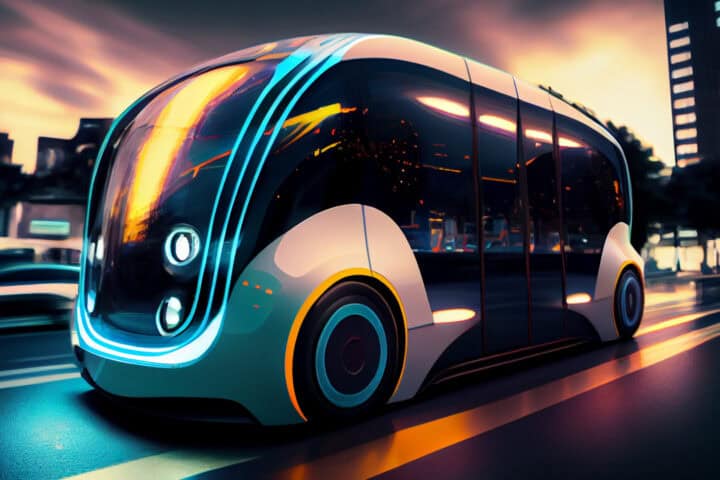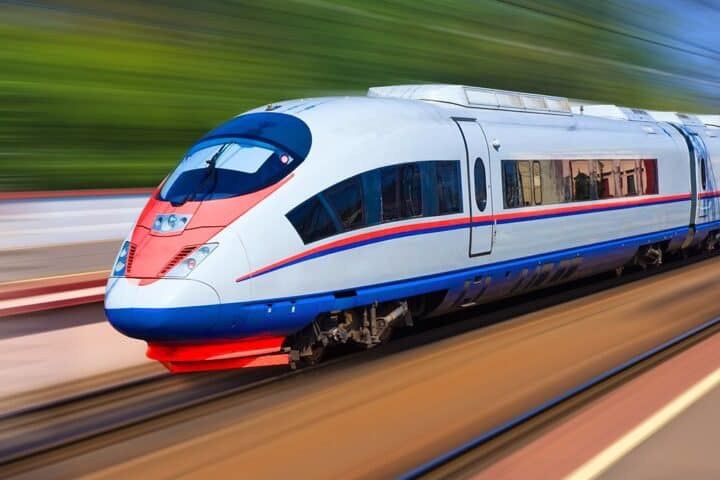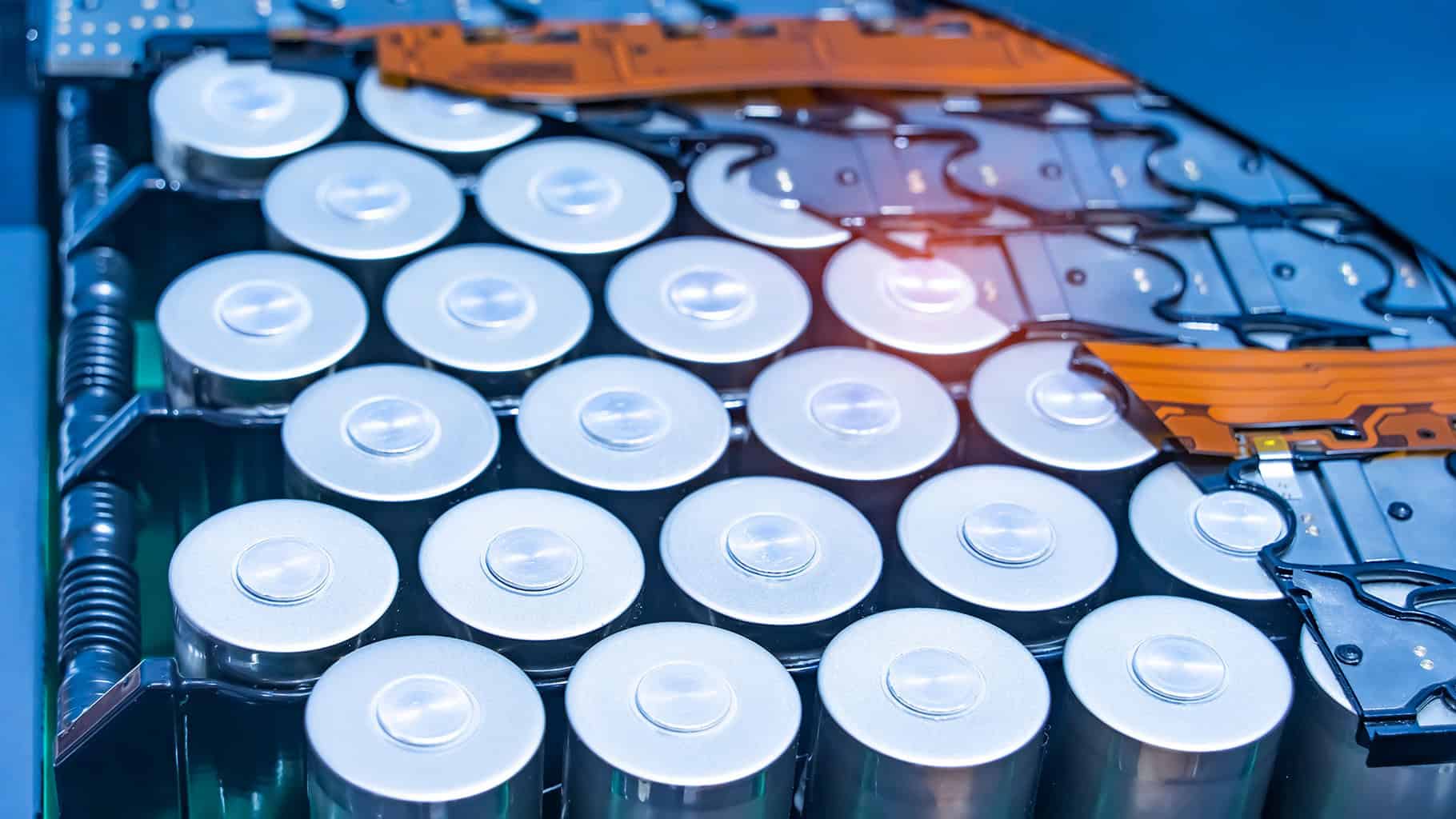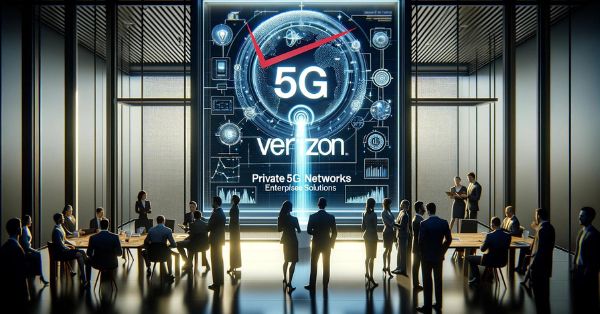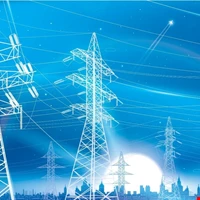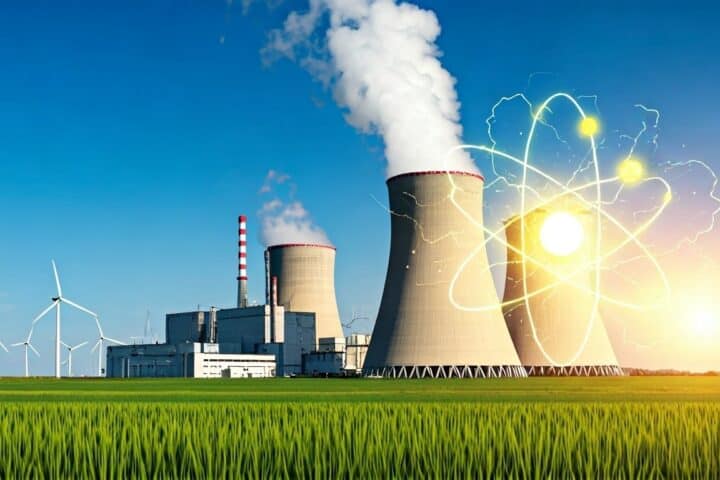The White House unveiled plans for a new EV workforce hub in Michigan, one of four nationwide, aimed at training workers for burgeoning manufacturing roles, particularly in the realm of Electric Vehicles (EVs). This initiative, championed by President Biden, underscores a commitment to revitalizing the automotive industry while addressing challenges such as transitioning to zero-emission vehicles and promoting local manufacturing. Through collaborations between national and state agencies, the hub will leverage apprenticeships, high school programs, and community colleges to equip workers with the skills needed for evolving manufacturing demands. Notably, the initiative reflects Biden’s dedication to garnering support from key stakeholders, including the United Auto Workers (UAW), and positioning Michigan as a linchpin in his economic strategy. Despite uncertainties surrounding the impact of EV adoption on employment, the administration remains steadfast in its support for EVs, backed by substantial investments and regulatory measures. Vice President Kamala Harris’s announcement underscores the administration’s broader focus on economic opportunity and community investment, aligning with efforts to strengthen smaller businesses, address housing costs, and fund infrastructure projects. Michigan senators Debbie Stabenow and Gary Peters commend the hub’s establishment, highlighting its role in empowering workers and businesses to lead the clean energy future while upholding the state’s legacy of automotive innovation and leadership.
The White House announced Thursday that the state effort will be one of four new “workforce hubs” designed to train workers for fresh manufacturing positions. Centered on Electric Vehicles (EVs), the Michigan hub will help train or retrain workers.
Michigan’s Role in Biden’s EV and Manufacturing Initiatives: Challenges and Support in the Clean Energy Transition
Since Biden took office, the auto industry has fallen behind on both fronts. For example, the transition to zero-emission EVs and encouraging more local manufacturing have been major priorities for him. EV adoption is lower than some people had anticipated, and automakers are only just starting to produce battery-based EV components internally. The new initiative demonstrates Biden’s support for Michigan as a crucial component of his financial strategy and as a crucial component of making the case that Michiganns should support him in the presidential election of 2024.
Socially, the transition to EVs has been a thorny issue for Biden in Michigan. The United Auto Workers ‘ labor union planned to withhold an endorsement for Biden until the Democratic president showed support for a” just transition” to electric vehicles, according to the Detroit News ‘ first report from last year.
Although the powerful union later came around and supported Biden, questions remain about how the EV transition will impact employment.
The auto industry remains much less lucrative than internal combustion engine cars because of electric vehicles. Ford Motor Co., for example, lost $1.32 billion on EVs in the second quarter of 2024, the company said this week. That is a substantial increase over the $722 million loss from a year ago.
As the businesses adjust and constantly adjust their product mixes and expectations surrounding EVs, employees have experienced layoffs.
However, the Biden administration has continued to support EVs with unwavering support. A new wave of regulations aimed at lowering vehicle emissions will prompt automakers to adjust, as well as $15.5 billion in funding and loans to retool existing factories and support infrastructure related to EVs.
Biden’s Multi-Billion Dollar Investments Drive Engagement in EV Workforce Hubs and Manufacturing Expansion
In his speech, Biden praised the signing of a deal with Micron to expand semiconductor manufacturing and the establishment of workforce hubs in various states.
The White House stated in an email to The Detroit News that the fresh initiative will “target Detroit as well as Lansing, Grand Rapids, Marshall,” along with other areas with significant battery facilities expanding.
The Biden administration said it collaborated attentively with Michigan’s stakeholders in developing the workforce hub, including the UAW, the Michigan Department of Labor, and the Governor’s office.
The main governmental agencies that will participate in the hub will be the U.S. Departments of Energy and Labor. Next month, the Energy Department also unveiled a new training program for employees at battery plants in Michigan.
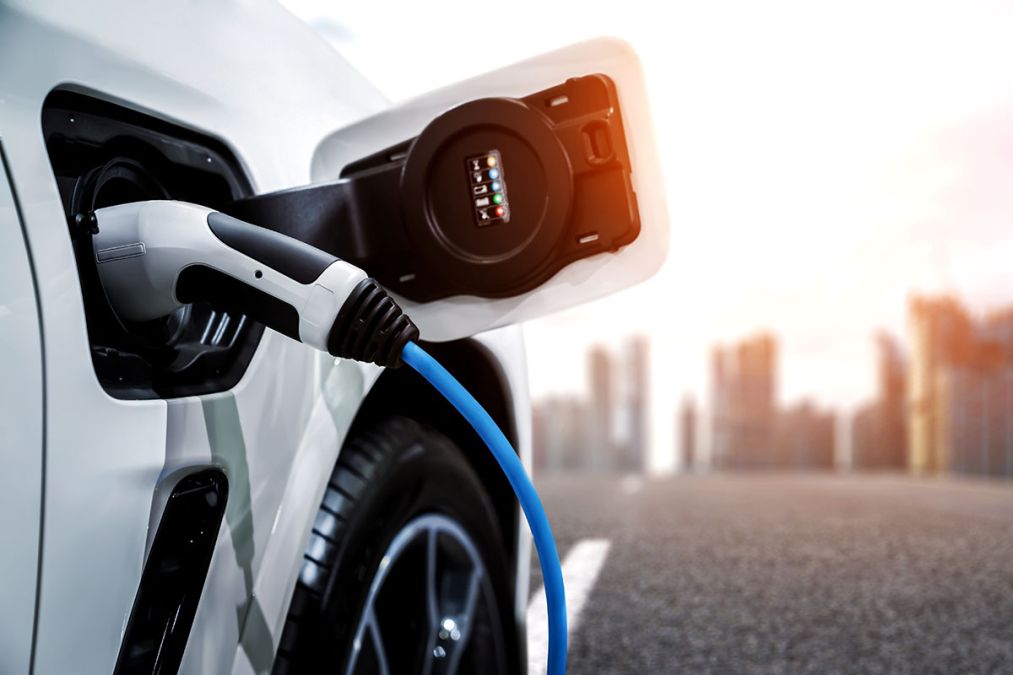
Vice President Harris Unveils Workforce Hub in Michigan as Part of Economic Opportunity Tour
Vice President Kamala Harris announced the workforce hub announcement on Thursday as part of a global economic opportunity tour that focuses on” building wealth” and investing in communities.
According to an announcement from the White House, Harris, who begins the tour in Atlanta on April 29, is expected to highlight the work the Biden administration has done to improve access to capital, strengthen smaller businesses, address housing costs, forgive student loans and health debt, and fund infrastructure projects. The vice president’s Detroit stop was never disclosed in the release’s release, which did not include a date or other details.
Harris last spoke about abortion rights in Grand Rapids in February, just before the state’s Feb. 27 national principal election.
Michigan U. S. Sens. Debbie Stabenow, D- Portrayed, and Gary Peters, D- Bloomfield Township, applauded the workforce development hub announcement in a joint statement, saying the hub will “ensure that Michigan’s workers, unions, and businesses who power our auto industry continue to lead the clean energy future. This hub will give factory owners and existing workers the support they need to play a key role in the transition to electric vehicles.
Stabenow added,” Michigan workers are the best in the world. Our innovation and leadership in our clean energy future are demonstrated by President Biden’s decision to set up this workforce hub in Michigan. This investment means that future generations of our auto industry will be fueled by workers who have for years fueled our auto industry.




